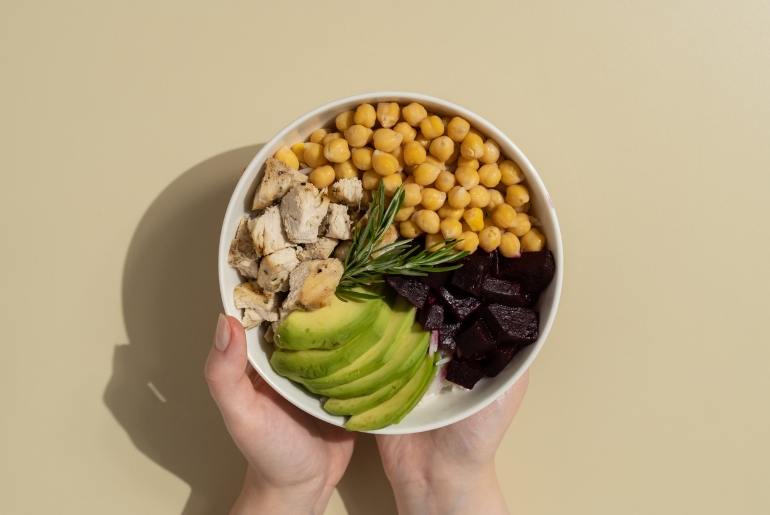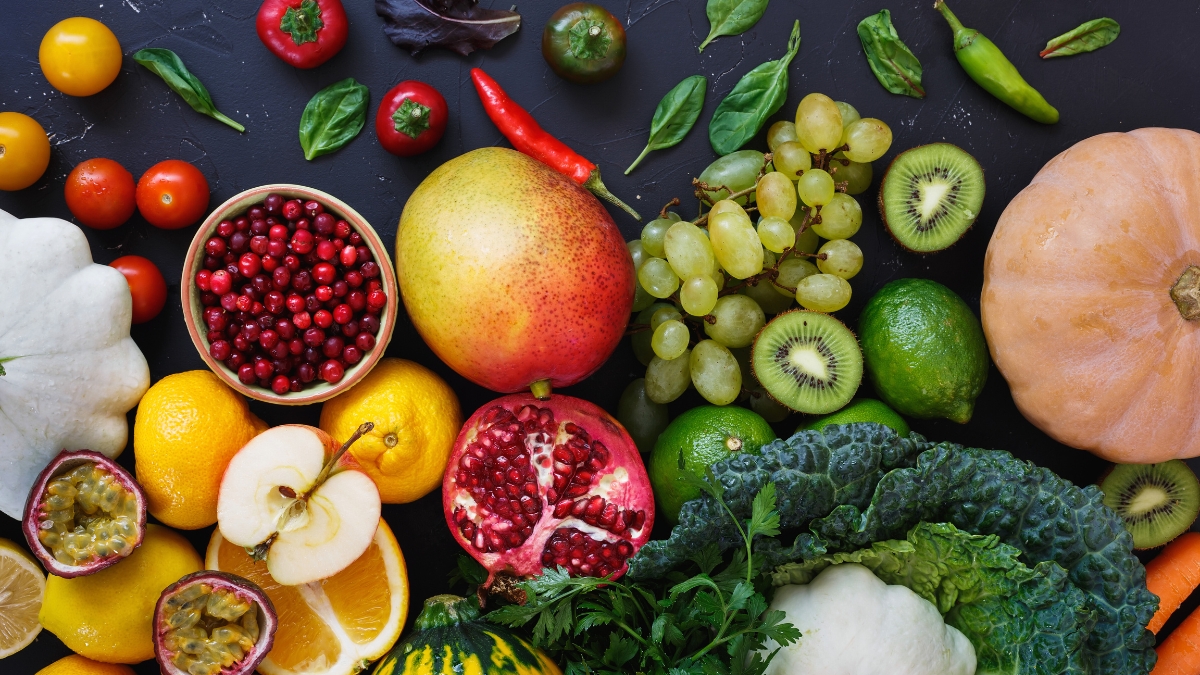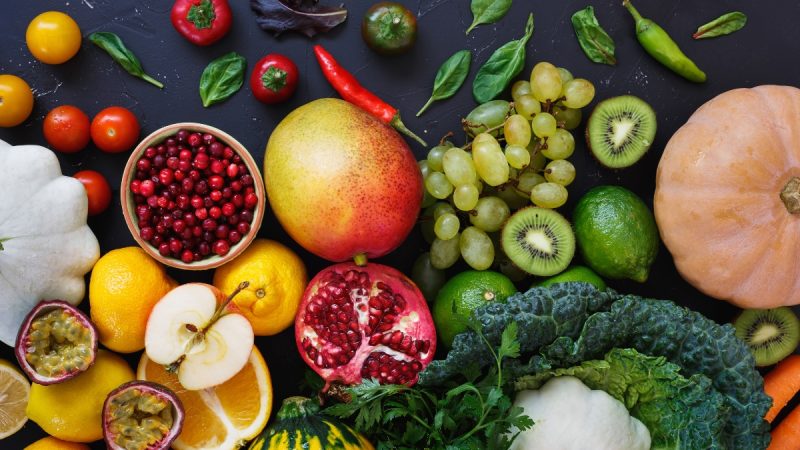In a world where taste often reigns supreme, a surprising trend is emerging in India: a prioritisation of nutrition over flavour, particularly when it comes to snacking. Recent findings from a global study commissioned by Wonderful Pistachios, in collaboration with Material, a leading research consultancy, unveil fascinating insights into the dietary preferences of urban Indians. Here’s all about the findings that represent the importance of nutrition in Indians.
Indians Choose Nutrition In Snacks, Surpassing Global Average

Nutrition forms the bedrock of our well-being, influencing everything from our physical health to our cognitive function. While taste may tantalise our taste buds momentarily, it’s the nutritional content of our food that sustains us in the long run. In a fast-paced world where health concerns are mounting, making informed food choices has become paramount.
Delving into the snacking habits of urban Indians, the study surveyed over 2,400 shoppers across six major Indian cities. The results? A staggering 58% of respondents base their food purchasing decisions primarily on nutritional benefits rather than taste, surpassing the global average by a significant margin.
Insights from the Report:
- 9 out of 10 urban Indian consumers actively seek out protein-rich food options, exceeding the global average. This emphasis on protein reflects a growing awareness of its importance in maintaining a balanced diet.
- When it comes to selecting snacks, Indian consumers prioritise qualities such as natural ingredients, heart-healthy options, protein content, and energy-providing properties. These factors trump mere flavour satisfaction in their decision-making process.
- Nuts have emerged as a preferred snacking choice, with a remarkable 86% of Indian shoppers having purchased them in the past six months.
- Urban Indians exhibit a propensity to read nutritional labels more than the global average. It indicates a growing trend towards informed purchasing decisions.
- A noteworthy 69% of urban Indian consumers believe that plant-based protein is just as good as meat-based protein. It certainly showcases a positive inclination towards varied dietary preferences.
Also Read: Pizza Is A Healthier & More Balanced Breakfast Option Than Cereal Says Nutritionist & Here’s Why
The Future Of Indian Snacking

The study’s findings highlight a significant cultural shift in Indian dietary habits. Millennials and Gen Z, in particular, are leading the charge in health-conscious purchasing decisions. A majority of them read nutritional labels before making their choices. This trend is not confined to a specific age group; it transcends generations. Both Baby Boomers and Gen Z display a preference for nutritionally dense snacks like nuts.:
Mumbai, the bustling metropolis, emerges as a leader in health-conscious snack choices. Other cities like Chennai also follow suit with their specific preferences. The rise of nuts as a daily staple reflects a nationwide shift towards more nutritious options, signalling a departure from conventional taste-driven choices. Shail Pancholi, Country Director, India, Wonderful Pistachios, commented on the study, saying, “Nuts were traditionally used as garnishes and consumed during festivals, but have now become a popular snack in India, indicating a notable shift in dietary habits. Pistachio consumption in India has doubled in the last six years, as consumer awareness of the nutritional benefits that pistachios offer has grown. Consumers are discovering that pistachios are naturally cholesterol-free, rich in plant-based protein and dietary fibre, and provide over 30 different vitamins and minerals.”
The future of Indian snacking appears to be firmly rooted in the principles of nutrition and well-being.
Cover Image Courtesy: Canva





